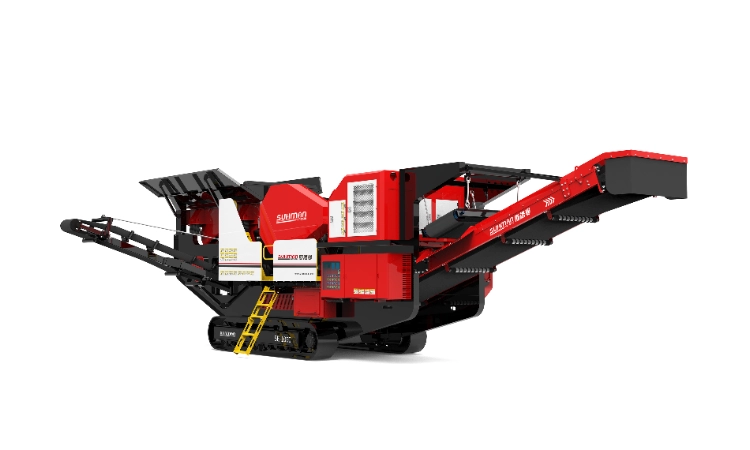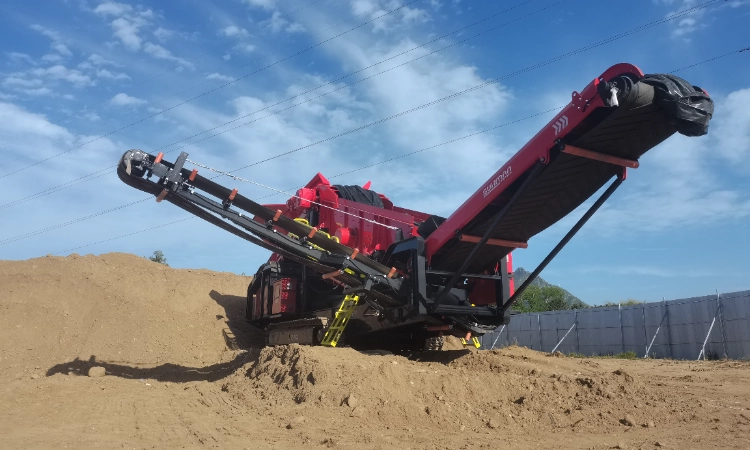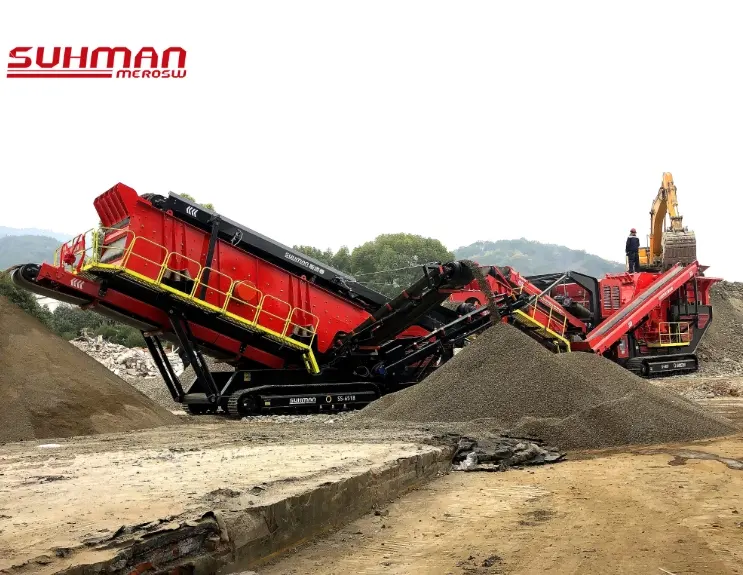Jaw Crusher vs. Impact Crusher vs. Cone Crusher: Key Differences and Applications Explained
Release time: 2025-03-20
Jaw crushers, impact crushers, and cone crushers are essential equipment in the aggregate industry and beyond. They serve different functions in the crushing process, making it important to choose the right one based on the material, desired product size, and stage of crushing. In this article, we’ll explore the key differences between these crushers and outline their applications in primary, secondary, and tertiary crushing stages.
1. Jaw Crusher: Definition, Features, and Applications
A jaw crusher is one of the most commonly used machines for primary crushing in various industries. It uses compression to break down large rocks into smaller, more manageable sizes.
Features:
- Consists of two jaws, one fixed and one moving, which crush the material between them.
- Provides a high reduction ratio, making it ideal for primary crushing.
- Operates effectively with hard, abrasive materials.
Applications:
- Used extensively in mining and quarrying for breaking down large rocks.
- Ideal for primary crushing in aggregate production, cement manufacturing, and recycling industries.

2. Impact Crusher: Definition, Features, and Applications
An impact crusher uses high-speed impact to break down materials, making it ideal for secondary and tertiary crushing applications. This crusher uses a fast-moving rotor to strike material fed into the chamber.
Features:
- Material is crushed by the impact force generated by a high-speed rotor.
- Typically used to produce finer aggregates.
- Suitable for softer and less abrasive materials compared to jaw crushers.
Applications:
- Commonly used in the secondary crushing of aggregates for sand production.
- Suitable for recycling applications, such as crushing asphalt, concrete, and glass.
- Frequently used for manufacturing fine aggregates in industries like construction and mining.

3. Cone Crusher: Definition, Features, and Applications
A cone crusher is a type of compression crusher that reduces material by squeezing it between a rotating cone and a stationary surface. It is primarily used for secondary and tertiary crushing operations.
Features:
- Provides more uniform output sizes with high reduction ratios.
- Operates efficiently with both hard and abrasive materials.
- Can achieve fine output sizes and is used for shaping aggregates.
Applications:
- Ideal for secondary and tertiary crushing of harder materials, such as granite, basalt, and other similar rocks.
- Used in mining, construction, and recycling for producing high-quality aggregates.
- Suitable for producing materials for roads, buildings, and other construction applications.

4. Jaw Crusher vs. Impact Crusher vs. Cone Crusher: A Comparison
Understanding the key differences between jaw crushers, impact crushers, and cone crushers is crucial when choosing the right machine for your needs. Here’s a quick comparison of their features and applications:
| Feature | Jaw Crusher | Impact Crusher | Cone Crusher |
|---|---|---|---|
| Crushing Method | Compression | Impact | Compression |
| Primary Use | Primary Crushing | Secondary & Tertiary Crushing | Secondary & Tertiary Crushing |
| Material Type | Hard, abrasive materials | Softer, less abrasive materials | Hard, abrasive materials |
| Reduction Ratio | High | Moderate to High | High |
| Output Size | Coarse (larger material) | Fine to medium | Fine to medium |
| Energy Consumption | High | Moderate | Moderate to High |
| Applications | Mining, Quarrying, Aggregate Production | Recycling, Sand production, Fine Aggregates | Harder materials, Shaping Aggregates |
Conclusion
Choosing between a jaw crusher, impact crusher, and cone crusher depends on your specific crushing needs. Here’s a quick breakdown:
- Jaw crushers are perfect for primary crushing and handling tough, hard materials.
- Impact crushers excel in secondary and tertiary crushing, particularly with softer materials.
- Cone crushers are best for secondary and tertiary crushing when you need fine aggregates or are dealing with harder, more abrasive materials.
Selecting the right crusher can significantly improve your productivity and efficiency, ensuring the success of your project.
Want to learn more about crushers and how to choose the best one for your operation? Check out our crusher maintenance guide or explore different crusher types to make an informed decision.
.png)
.png)


 />
/> />
/>